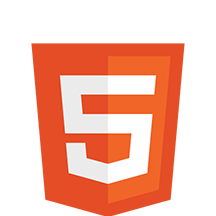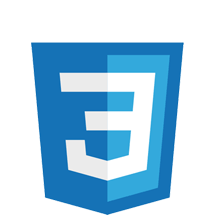Wordpress started out life in 2003 as a blogging platform, but now offers an open source framework in which to develop websites, host eCommerce, booking systems, calendars, media galleries, membership sites, you name it. It has gone on to power more than 60 million websites globally and accounts for a third of the top 10 million websites out there today.
It drastically shortens the development cycle from concept to delivery, also has tens of thousands of pre-writted solutions in the form of plugins, and also a vast array of ready-made themes that users can pick up and have a website running very quickly.
in 2009, I started using wordpress for blogging, and then went on to put my first website on the platform for my first business. I have since been juggling themes and manipulating CSS to try to get what I wanted the site to look like, but like with any template-based system, you are held randsome to the designs of the developer, and while many of the themes offer a free version, they're very restricted in their ability to be modified, needing time consuming investigation work and pinpointed CSS or PHP changes to get the theme looking exactly like I wanted it.
There are page builders out there like Elementor or WP Bakery and as of 2019, Wordpress have incorporated Guttenberg page builder into their framework, but you're still reliant on a base theme, or template, and in may cases, the code behind the page builders is vast, it bulks the site and makes loading times pretty long. Not something you want to be looking at going into 2021!




